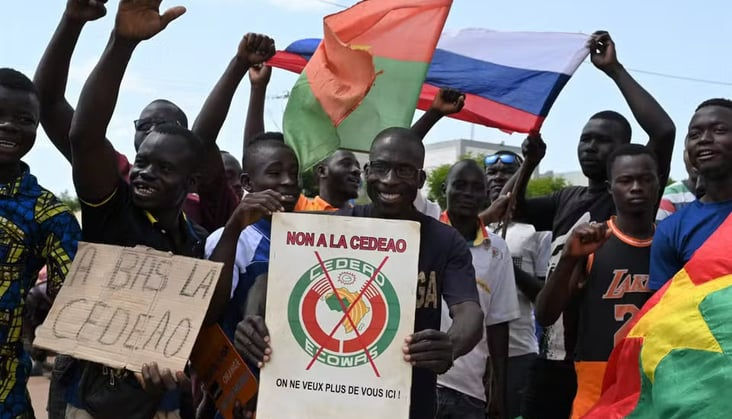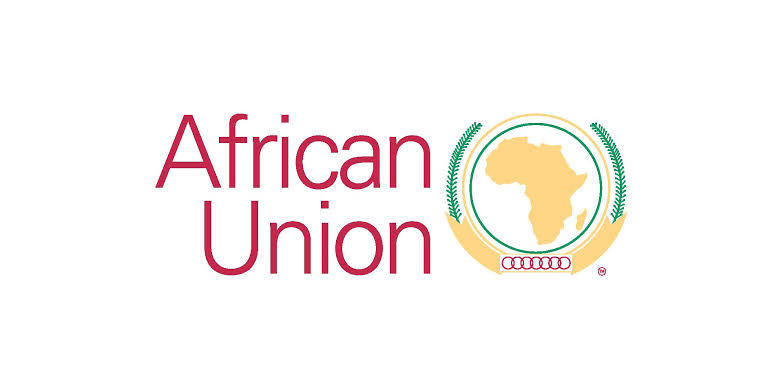Are ECOWAS and the AU Still Relevant in the Face of Coups and Regional Breakaways?
- Wisdom C. Nwoga

- Jul 28
- 2 min read

A year ago, few would have doubted the relevance of ECOWAS and the African Union. They were pillars of continental stability and integration. Now, coups in the Sahel, escalating conflict in Sudan, and the withdrawal of three West African nations raise serious questions about their current strength and direction.
Crisis in the Sahel and Regional Fragmentation
Since 2020, military coups toppled governments in Mali, Burkina Faso, Niger, and Guinea. ECOWAS responded with sanctions and public condemnation, even threatening military action, but ultimately backed down in key moments—especially after Niger’s coup. In January 2024, Niger, Mali, and Burkina Faso formally exited ECOWAS, citing its ineffectiveness and overreliance on Western influence. They subsequently formed the Alliance of Sahel States (AES) as a new security bloc and short-term counterweight to the regional organisation .
This move has fractured regional unity and undermined ECOWAS’s core mandate. Analysts argue that ECOWAS’s failure to prevent or reverse coups has drastically weakened its credibility. The very organisation led by West African heads of state can no longer hold them accountable. As one commentator put it: “It may no longer be the dominant force it once was” .
Sudan’s Fragmentation Exposes AU Crisis
Meanwhile, in Sudan, fighting between the military and the Rapid Support Forces (RSF) has led to the creation of a parallel government in Darfur under RSF leadership. This deepens national fragmentation and poses further challenges to regional stability. The AU, which has failed to contain this political breakdown, shows a troubling inability to uphold unity across its member states .
Still a Framework, but Weakened in Practice
ECOWAS has shifted towards quiet diplomacy and shifting its focus toward counterterrorism plans and regional coordination. But its earlier threats—such as deploying its standby force in response to Niger’s coup—did not materialise. Western sanctions lost efficacy in the face of popular support for military regimes framed as defenders of sovereignty .
The AU has also struggled to respond decisively. While its legal mechanisms remain in place, its enforcement capacity is limited when member states refuse to comply. This is clear in Mali, where military rulers are pushing ahead with consolidating power, dissolving democratic parties, and extending mandates without electoral legitimacy  .
Verdict: Still Relevant but at Risk
ECOWAS and the AU retain symbolic weight and institutional structures, but their capacity to enforce norms and maintain cohesion has eroded. The coups in the Sahel, the formal breakaway of key members, and a worsening crisis in Sudan highlight structural weaknesses: overdependence on individual state leadership, inability to act decisively, and inconsistent application of democratic principles    .
For these bodies to remain more than symbolic, they must undergo serious reform: empowering technocratic governance, ensuring impartial governance enforcement, and reaffirming pan-African independence from external influence. The special ECOWAS summit on regional integration in 2025 may become a critical moment to redefine their future role .






Comments